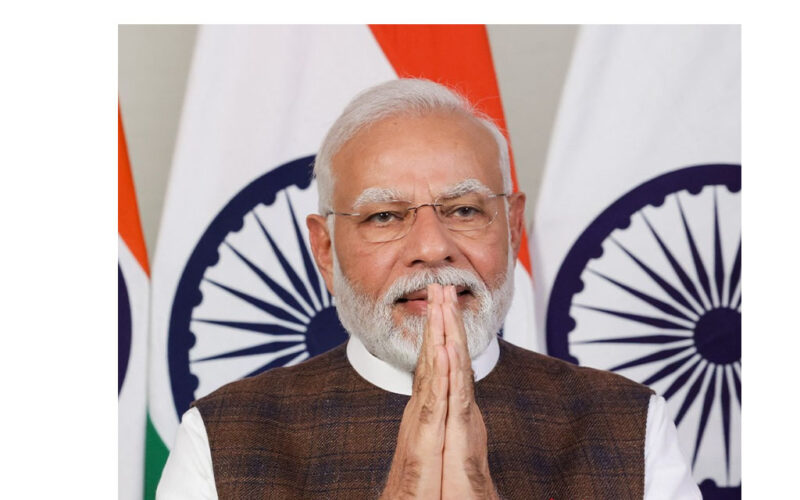Niël Terblanché
In a historic move, the African Union has been officially granted permanent membership in the G20, marking a significant diplomatic victory for the host nation, India, and a momentous occasion as the African Union celebrates its existence on African Union Day.
The expansion of the G20 to include the African Union is a testament to India’s efforts to enhance its international standing and bolster its image as a global statesman, especially in the run-up to next year’s national elections.
India’s Prime Minister, Narendra Modi, welcomed the African Union’s new status within the G20, stating that India tabled a proposal to give permanent membership of the G20 to the African Union.
“I believe that we have everyone’s agreement on this. With everyone’s approval, I request the African Union head to take his seat as a permanent G20 member,” Modi said during the ceremony at the G20 Summit in India.
The African Union’s Chair and President of Comoros, Azali Assoumani, took his seat among world leaders at the invitation of India’s foreign affairs minister, Subrahmanyam Jaishankar.
The African Union, representing 55 African nations and about 10 percent of the world’s economy, previously had only marginal representation within the G20 through South Africa’s seat and AU permanent guest status. This significant step marks the first change to the group’s composition since its inception in 1999. President Hage Geingob of Namibia, speaking on African Union Day, expressed his enthusiasm for the development and he added that the country stands united in celebration of the continent’s rich history, diverse cultures, and shared dreams for a better future.
“This celebration not only honours our past but also reaffirms our commitment to building a brighter future,” he said.
President Geingob emphasized the importance of unity and peace within Africa: “We can only achieve our true potential when we silence the guns. Therefore, as the Third Wave of African leaders, we are conscious that our journey towards a prosperous and united Africa requires collective efforts, peace and security, investments in energy, infrastructure development, enhancing regional integration efforts, and creating an enabling environment for businesses to thrive and achieve Agenda 2063.”
He further highlighted the significance of the African Continental Free Trade Area (ACFTA) and the fight against climate change, by saying: “Namibia is committed to a stronger and more effective African Union. To achieve this objective, there is a need for the role of the Chairperson of the African Union Commission (AUC) to be strengthened.”
As the G20 nations gather in New Delhi, this historic moment in the group’s evolution will undoubtedly have far-reaching implications for global diplomacy and cooperation, particularly in addressing pressing issues such as climate change and geopolitical matters. The world watched with anticipation as the African Union joined the world’s most powerful nations.




